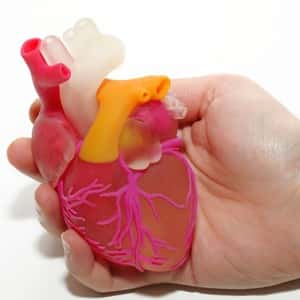
Heart failure is becoming increasingly common, but it can be quite difficult to manage. In this condition, weak heart muscles have difficulty pumping blood through the body effectively and efficiently. As a consequence, people may become short of breath, suffer from persistent coughing that is not related to a lung infection or have excessive swelling of their feet, ankles or legs. Very often the fatigue that comes from inadequate oxygen reaching every part of the body interferes with a person’s regular activities.
Managing Heart Failure:
People with heart failure are often advised to follow a diet with very little sodium. They also are told to avoid alcohol and caffeine and stay physically active, even if they feel tired.
Medications that may be prescribed may include an ACE inhibitor (which might cause coughing) or an ARB such as losartan or valsartan, along with a strong diuretic (water pill) such as furosemide. Keeping blood pressure under control is an important part of managing heart failure.
How Vitamin D Could Help Heart Failure:
A small study from England found that vitamin D supplements improved cardiac function in people with heart failure. 163 people with heart failure were given either 4,000 International Units (IU) of vitamin D3 or a placebo every day for one year.
The results were promising. The amount of blood that the heart was able to pump increased from 26% to 34% only in the people on the nutritional supplement. The hearts in the people taking vitamin D were also slightly smaller, suggesting that they were working more efficiently. If this preliminary research holds up, it could be an important therapeutic advance in the treatment of a common and serious heart condition.
If you have heart failure and want to try this, talk it over with your cardiologist. While this dose of vitamin D is high, it is not unreasonably so, especially if it can improve the “ejection fraction.”
American College of Cardiology, Chicago, April 3, 2016

